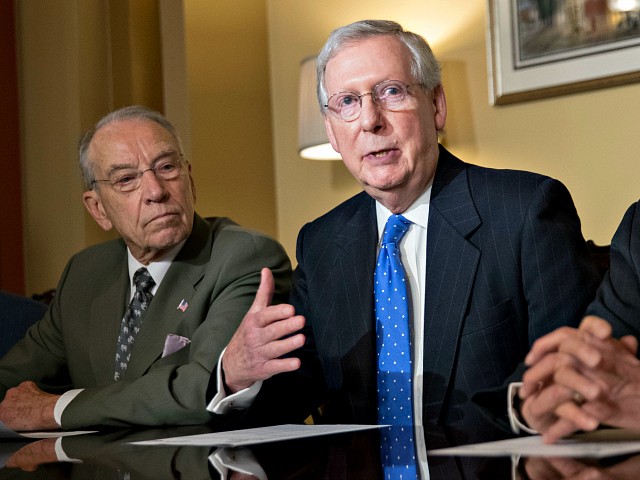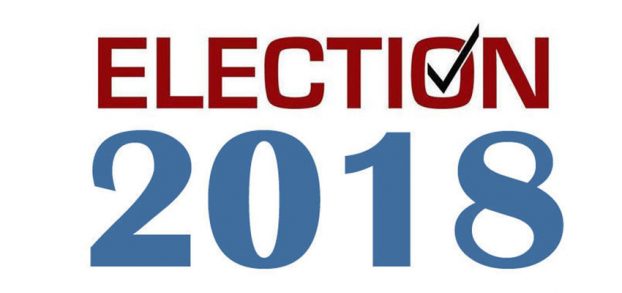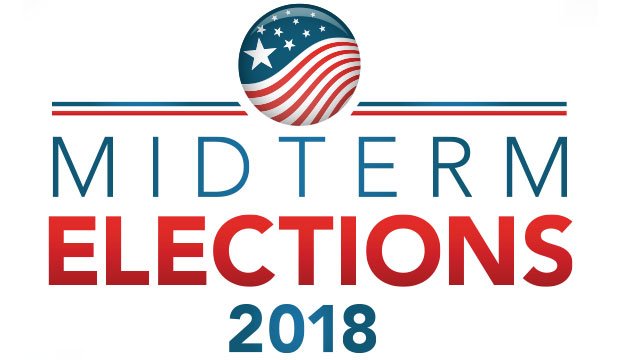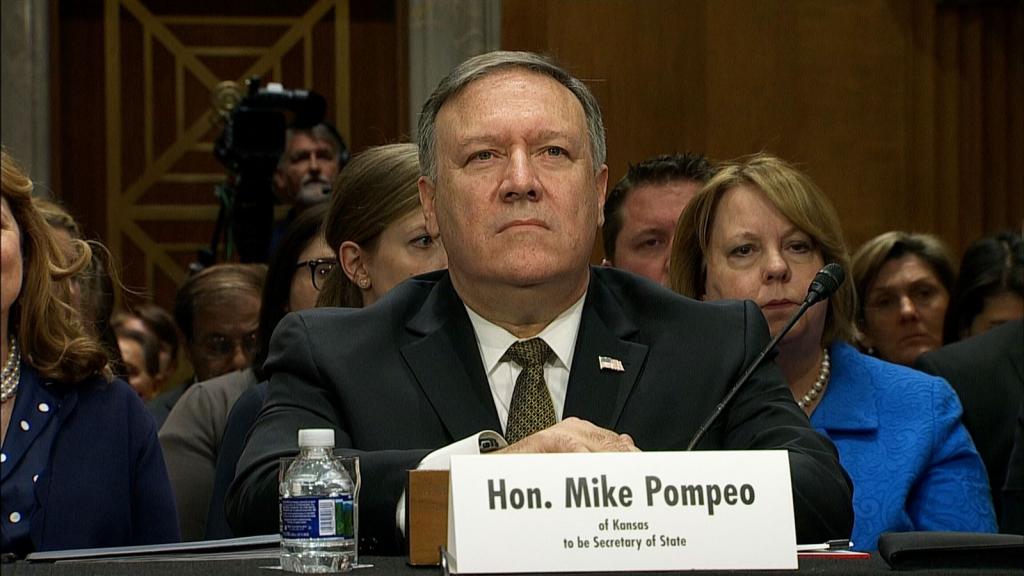
After Speaker Nancy Pelosi announced the opening of an impeachment inquiry into potential wrongdoing by President Trump in the withholding of military aid to Ukraine, Democratic investigations have quickly ramped up after hearing from key witnesses involved in the scandal. Testimony from officials such as the former ambassador to Ukraine Bill Taylor and ambassador to the EU Gordon Sondland have implicated the president in a quid pro quo where military aid for Ukraine was tied to opening investigations into the DNC and Hunter Biden, the son of his potential rival Joe Biden.
These revelations have bolstered criticisms of President Trump by Democrats in Congress and have created a framework for a potential impeachment after the conclusion of the investigations. Democrats believe that the president’s use of the power of his office to find dirt on his opponents violates federal law and is a threat to the American democratic system. They believe that the steady flow of incriminating evidence and testimony is slowly changing public opinion in favor of impeachment.
Republicans, however, have been quick to defend the President. While some have found it difficult to defend the president on the core allegations, stalwart defenders of President Trump in the House of Representatives have been quick to attack the process of the impeachment inquiry. They argue that an official vote should be taken in the House like the two previous impeachment investigations to provide the president fair due process and allow Republicans to have subpoena power. A group of House Republicans stormed a closed door, classified hearing from one witness to protest the process which they believe does not allow input of Republican voices.
President Trump has become frustrated by what he views as a weak response to the impeachment inquiry. However, Democrats have become determined to continue investigating and revealing potentially damning information that could establish a clear quid pro quo implicating the president. While it seems likely that the House is set for impeaching the president, it remains unclear if Republican Senators will turn on the president and convict him.









